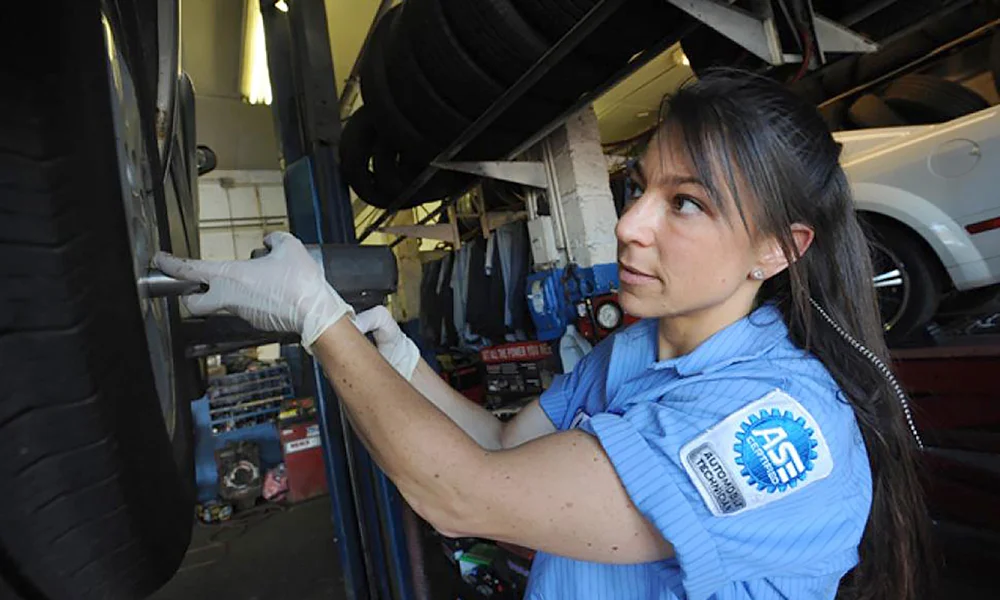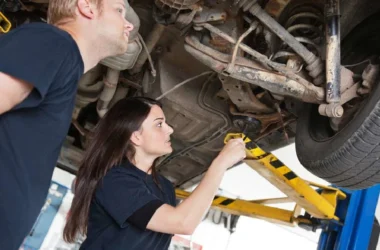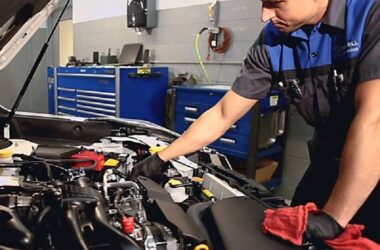A car depends on many small parts. Each part has an important role. Wheel studs are small but strong. They hold each wheel in place. Every trip adds stress to them. Over time this stress builds up. This process is known as fatigue. It happens slowly and quietly. Drivers rarely notice it at first. Yet the results can be serious. A weak wheel stud can fail during motion. This can cause damage or even accidents. Understanding fatigue helps keep a car safe. You can keep contact with the Auto Repair in Birdsboro, PA based services such as the True Auto repair for any need.
What Fatigue Means in Metal Parts
Fatigue is a natural weakness that grows. It begins with small cracks in metal. These cracks start under heavy load. Each rotation of the wheel adds more strain. The metal structure changes bit by bit. It loses strength over distance and time. The stress can come from rough roads. It can also come from over tightening. Once the studs lose strength they can break. This process cannot be reversed. It is subtle but dangerous. Knowing its signs is key to prevention.
How Driving Habits Add to Fatigue
Driving style greatly affects metal wear. Hard braking adds stress to each stud. Sharp turns twist them even more. Fast speeds raise heat and tension. Poor road surfaces worsen the load cycle. Even small bumps have an impact. Every sudden force shortens the life of the material. Smooth driving helps reduce that strain. Regular care also helps with protection. Balanced tires lessen uneven pressure. Careful handling by the True Auto repair extends the life of the studs. Every small action affects durability.
Impact of Environment and Maintenance
Weather plays a large role in fatigue. Heat causes metal to expand slightly. Cold makes it contract and tighten. Repeated changes in temperature create stress. Rain adds moisture and leads to corrosion. Salt on roads speeds up rusting. This weakens the metal from inside. Dirty threads cause uneven force during tightening. Regular cleaning helps maintain strength. Checking torque settings keeps the load even. Proper lubrication prevents stuck or seized studs. Good maintenance slows down fatigue over time.
Signs of Fatigue and Prevention
A driver can look for warning signs. Loose wheels may signal hidden cracks. Clicking sounds during turns can also warn. Vibration in the steering wheel may point to strain. Rust on studs is never safe. It means the protective layer has failed. Regular inspection of each wheel helps detect damage early. Replacement of weak studs is safer than repair. Use correct parts and tools for fitting. Avoid excess tightening during installation. Care today prevents failures tomorrow. Attention ensures safety on every trip.











